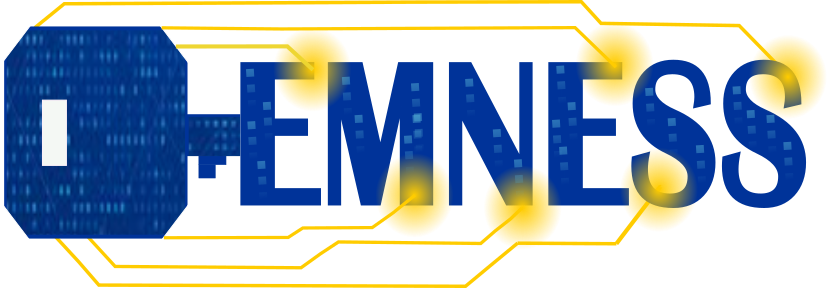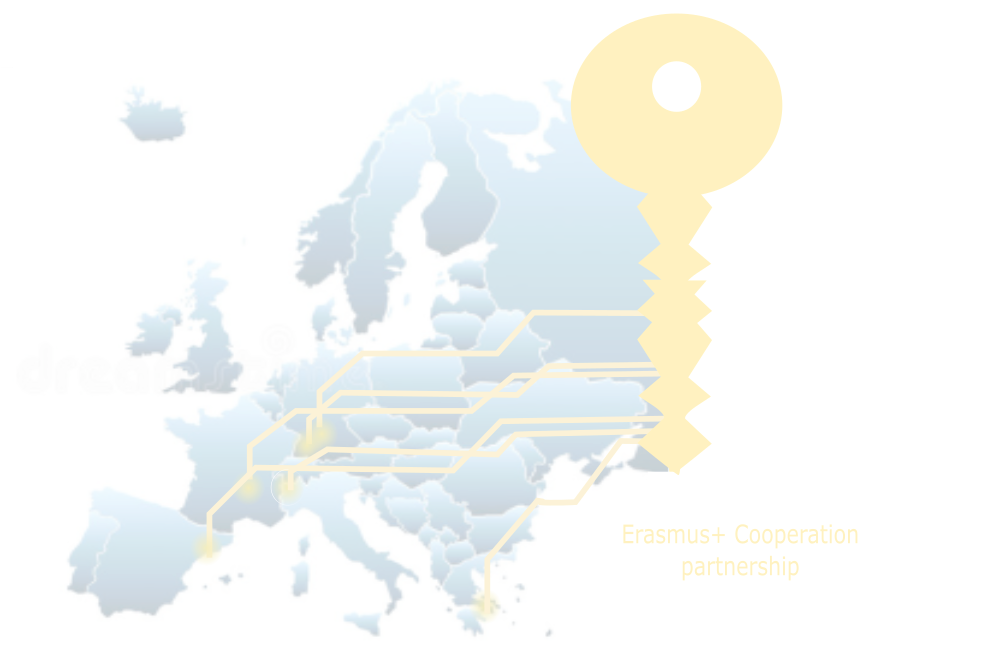Department of Control and Computer Engineering

The Politecnico di Torino was founded in 1859 as Scuola di Applicazione per gli Ingegneri (Technical School for Engineers), and it became Regio Politecnico di Torino in 1906. The Technical University focuses on theoretical and applied research, the knowledge and development of modern technologies, the concreteness and realism concerning the management of a manufacturing process or the organization of a service, the care of functionality without ignoring design, the analysis and proposition of solutions to the challenges of the society of today in order to plan a sustainable future. With its 35.700 bachelor, master and PhD students, the goal of the University is to offer an education that goes far beyond technical knowledge by managing the interdisciplinary nature of the scientific world of today without forgetting social, ethical, economic and environmental implications.
The Politecnico di Torino via the department of Control and Computer Engineering focuses on the design of electronic circuits and systems with particular emphasis on testing, fault tolerance, security, and validation of digital circuits and systems described at various levels of abstraction. Courses on Test, Fault Tolerance, and Security aim at providing the students with the key information about the design of embedded systems, covering topics such as hardware design including ASICs, FPGAs, PCBs, embedded operating systems, dependability. Most of these courses include lab activities to teach students the usage of specific tools, also allowing them to autonomously work to the completion of the proposed assignments. Moreover, hardware-related security and reliability issues are also considered in the framework of the Embedded Operating Systems courses, thus providing the student information on how these threats propagate from the hardware to the software stack. Politecnico di Torino has a wide set of laboratories combining research and teaching purposes, offering access to the required hardware and software facilities.
Contact: Stefano Di Carlo, Full Professor ( stefano [dot] dicarlo [at] polito.it )

